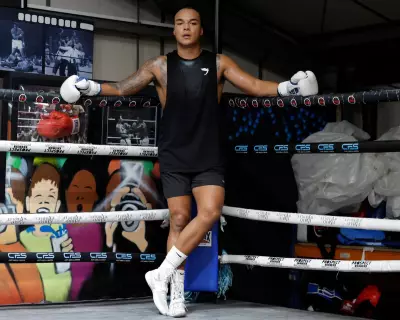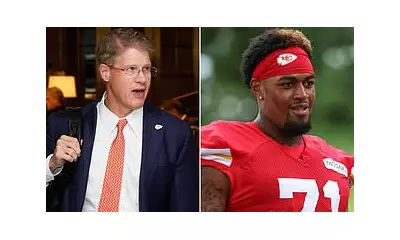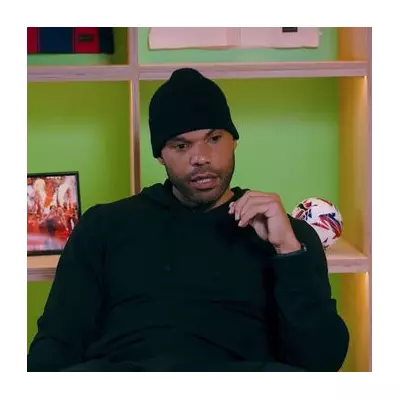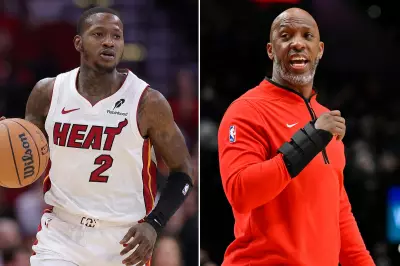
The often-glossed-over world of boxing punditry has been rocked by a blistering attack from inside the camp of British legend Ricky Hatton. Paul Speak, the former manager and close confidant of 'The Hitman', has broken his silence in a spectacular fallout with renowned BBC broadcaster Steve Bunce.
In an exclusive and candid revelation, Speak accuses Bunce of delivering commentary that was not just critical but deeply damaging and sensationalist during the most challenging period of Hatton's career. The core of the dispute hinges on Bunce's analysis following Hatton's high-profile defeats to the era's two finest fighters: Floyd Mayweather and Manny Pacquiao.
A Legacy Tarnished by Words, Not Just Punches
Speak's grievance isn't with the fact that Bunce criticised Hatton's performance—losses of that magnitude are always dissected—but with the nature and tone of the critique. He alleges that Bunce, on his BBC radio show and podcast, crossed the line from objective analysis into subjective character assassination.
'It wasn't about what went wrong in the ring tactically,' Speak contends, 'it became about Ricky as a person, his lifestyle, and his preparation in a way that felt gratuitous and designed to generate headlines rather than insight.'
The Unravelling of a Professional Relationship
What makes this clash particularly poignant is the history between the parties. Speak acknowledges that his relationship with Bunce was once strong and mutually respectful. However, he describes how it soured irrevocably in the aftermath of those devastating defeats, which sent Hatton into a well-documented personal tailspin.
Speak suggests the commentary felt like a betrayal, kicking a man when he was down for the sake of entertainment. He firmly believes this narrative, amplified by Bunce's significant platform, played a role in shaping a public perception of Hatton that was unfairly negative during a vulnerable time.
Silence is No Longer an Option
For years, Speak remained quiet, allowing the narrative to stand. But now, he has decided to speak out, drawing a clear line in the sand. His message is unequivocal: while fighters put their health on the line, commentators have a responsibility with their words.
This explosive accusation raises profound questions about the power dynamics in sports media, the ethics of punditry, and the long-lasting impact words can have on an athlete's legacy long after they have left the ring.





